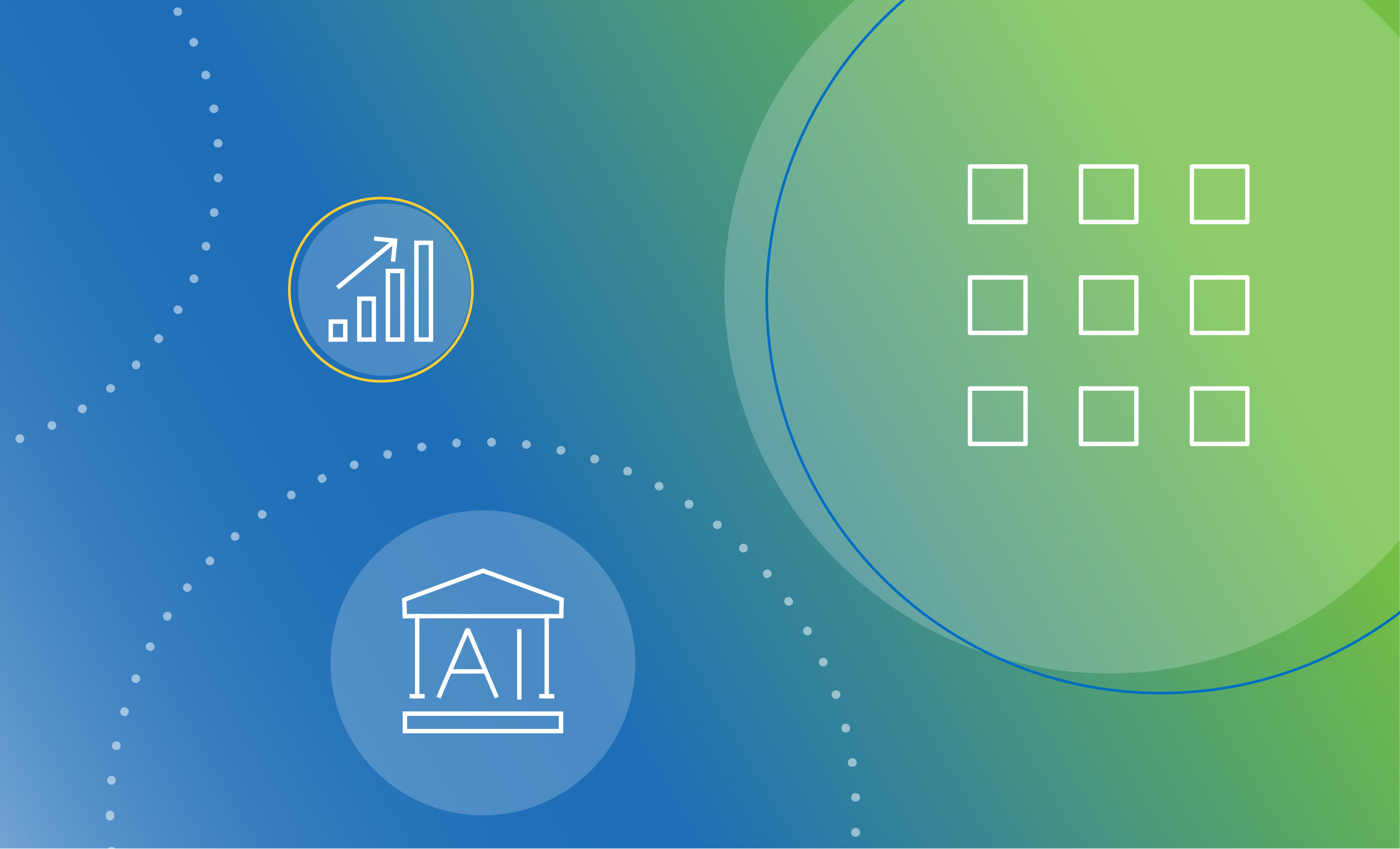Will artificial intelligence (AI) help defeat climate change? The answer is both yes, and no. There is a lot of excitement and hope around what AI may be able to do when it comes to climate change. However, to achieve these benefits, we must engage with AI in the right way. AI is not a magic fairy dust we can simply sprinkle on the challenge of climate change and expect it to fix itself. We still have to take up our personal responsibility, and AI can be one of the tools in our toolkit to help us do so.
Certainly, AI holds much promise. Recently, I spoke at an event on climate change and technology about the relationship between AI and climate change. I talked about an article from the Brookings Institution, a Washington, DC-based think tank. The piece identifies four ways in which AI could potentially impact on climate change that I found particularly poignant. These include:
- Energy supply – AI is already helping to improve the supply of energy. For example, machine learning systems are being used to map underground deposits of oil and gas, helping companies to better understand their size and value. In the non-hydrocarbon space, AI is also being used for solar forecasting, allowing solar generation companies to participate more efficiently in the electricity markets.
- Energy demand – Today, AI is enhancing efficiency in energy consumption by lowering demand and emissions. These capabilities are set to increase significantly over time. AI can help align energy consumption with real-time changes in energy markets, resulting in significant reductions in demand. The self-healing of power grids is a possibility, too. Today, according to Brookings, potential uses for AI to better manage energy demand are “barely tapped.”
- Climate modeling – AI will be used to help create models that can drive policy-making aimed at reducing consumption. AI should also be able to significantly improve today’s climate change models – for example, by improving the accuracy of predictions for local climate change impacts.
- Climate policy – The reality is that the globe is already beginning to see the effects of climate change. AI can help governments and other organizations better shape climate policy to reduce harm to people and the environment. For example, smart adaptation strategies can reduce losses, as can preparation for dealing with extreme events as normal.
All of these areas of development for AI are very exciting, but AI is not a magic wand. It is easy to be sucked into the hype around the possibilities for AI to help manage climate change – there are already snake oil salespeople out there promising the moon with little to back up their claims, for example. People also tend to put a lot of focus on the promise of algorithms – there is much exciting work here, but we must learn to think critically about them to avoid unintended consequences.
Amongst all of this, often the data involved in AI climate change solutions is ignored. This is a major mistake. It’s important to ensure that all of the data that is associated with the AI applications is managed correctly. For example, data must be properly managed so that it can be shared effectively – for example, between government agencies and academics, or between companies that are partnering together.
It’s equally important to manage data around climate change in a way that builds trust. This is crucial for both the data being fed into an AI algorithm, as well as the output it produces. For example, managing the data poorly can result in inaccurate results from the AI’s algorithms (remember: “garbage in, garbage out”), resulting in potentially poor decision making. Alternatively, the information could be used for negative purposes – such as analyzing energy use patterns from consumers to determine when a house is unoccupied and ripe to be burgled.
Today, we are at a critical juncture for both climate change and AI. It is important to build trust within society for both how climate change is addressed and how AI solutions function. Strong data management practices have a foundational role to play in building that trust, and in supporting AI-based climate change solutions that deliver on their promises.




